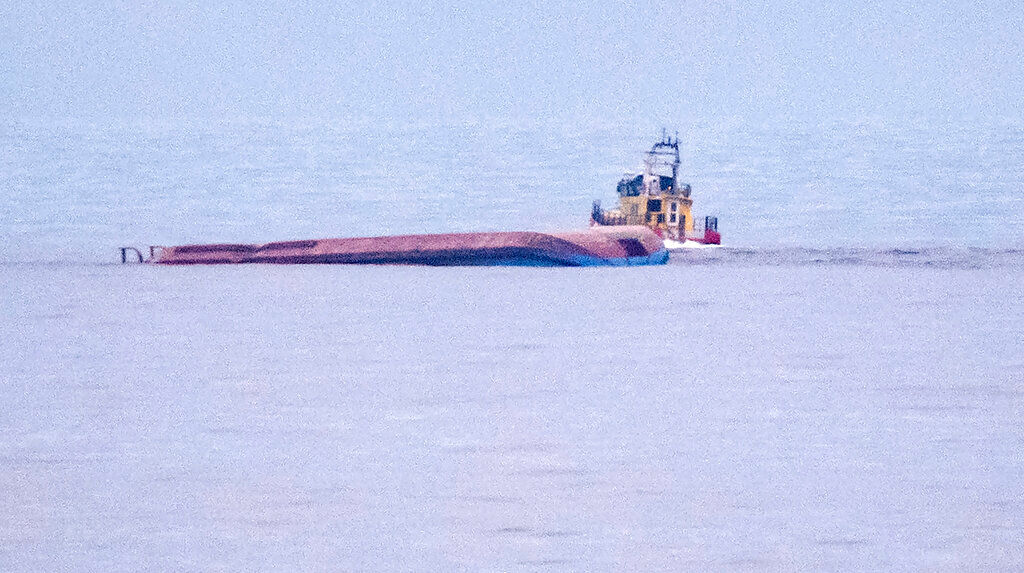The Swedish Coast Guard is investigating whether alcohol contributed to a cargo ship collision in the Baltic Sea for which a British citizen and a Croatian national have been detained as suspects. Swedish Public Prosecutor’s Office said the preliminary investigation into “aggravated drunk driving,” “gross negligence in maritime traffic,” “gross sea drunkenness”, and “grossly causing another’s death” was in an initial stage. Two cargo ships collided in the Baltic Sea off southern Sweden on Monday morning leaving one person dead and another missing. One of the vessels capsized and was being towed toward a Swedish port, authorities said.
Also Read: Should Russia be blamed for shortage of natural gas in Europe?
The maritime administration said it received an alert that cargo ships had collided south of Ystad in Sweden, close to the Danish island of Bornholm. The authority identified the ships as the Danish-flagged Karin Hoej and a British ship, the Scot Carrier. The Danish ship capsized fully and was floating upside down.
At least 11 boats and ships, an airplane and a helicopter searched for the missing crew members, but the Swedish Maritime Administration said it ended its operation Monday without locating the pair. A body was later found inside the capsized Danish ship.
Also Read: Jet fuel spill: Navy blames Hawaii water contamination
The cause of the collision was still unclear, the Swedish Maritime Administration said.
“We have no idea when the work can be completed,” the maritime agency said.
Coast Guard press spokesman Valdemar Lindekrantz told Sweden’s TV4 that ”we suspect that parts of the British crew have not been sober.”
Also Read: Cruise ship that reported COVID cluster sets sail from New Orleans
According to the website MarineTraffic, the Scot Carrier was en route from Salacgriva in Latvia to Montrose in Scotland while the Karin Hoej had left Sodertalje in Sweden for Nykoebing Falster in Denmark.
TV4 reported that oil had started to flow into the water. However, the Swedish Coast Guard said there were no ongoing spills and it was carrying out work “to prevent oil or other harmful substances from being released into the sea.”







